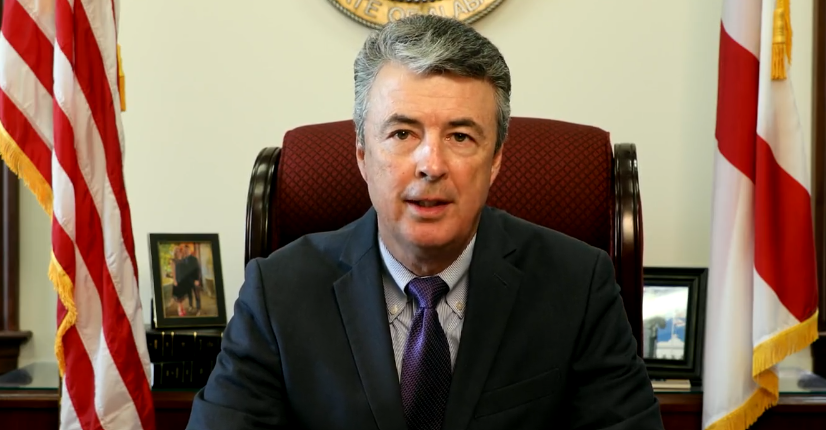As phone scams across the state continue to rise and become more sophisticated, Alabama Attorney General Steve Marshall is making sure that the public is aware of the need to practice caution when taking phone calls from unfamiliar numbers.
According to Marshall, the scammers victimizing Alabama residents are preying on “fear and urgency.”
“If you receive a call that sounds strange, makes an offer that seems too good to be true, or pressures you into sending money—hang up immediately,” said Marshall. “Do not provide personal or financial information over the phone, and never agree to send money via Bitcoin machines, gift cards, or wire transfers. If you ever feel unsure about a call, take a step back, hang up, and contact our office. Staying informed is the best way to protect yourself from becoming a victim.”
RELATED: Fraud EDU: Spring Break Scams 101
Marshall’s office provided details on the various scam calls Alabama consumers are currently reporting, including:
-Computer and Tech Support Scams – Fraudsters pose as tech support from well-known companies, falsely claiming your computer has a virus and requesting remote access or payment.
-Sweepstakes & Lottery Scams – Victims are told they have won a prize but must pay fees or taxes upfront to claim their winnings.
-Cryptocurrency and Gift Card Scams – Fraudsters instruct victims to deposit money into Bitcoin kiosks or purchase gift cards as payment. These are common red flags for scams.
-Toll Scams – Scammers send fraudulent text messages claiming the recipient owes unpaid toll fees, attempting to trick them into making immediate payments. Most cities mail official toll notices to the registered vehicle owner after capturing a photo of the car and license plate.
-Jury Duty Scams – Fraudsters call victims, falsely claiming they missed jury duty and must pay a fine immediately over the phone to avoid an arrest warrant. Legitimate jury duty notifications and fines are never handled this way.
The Attorney General is advising Alabamians to follow the safety tips below to prevent them from becoming a victim of fraud:
–Hang up if a caller pressures you to act immediately or requests unusual payment methods.
-Never give personal information (Social Security number, banking details, or passwords) over the phone.
-Verify the caller by contacting the company or agency directly using an official phone number.
-Do not allow remote access to your computer unless you initiate contact with a trusted company.
Austen Shipley is the News Director for Yellowhammer News. You can follow him on X @ShipleyAusten













